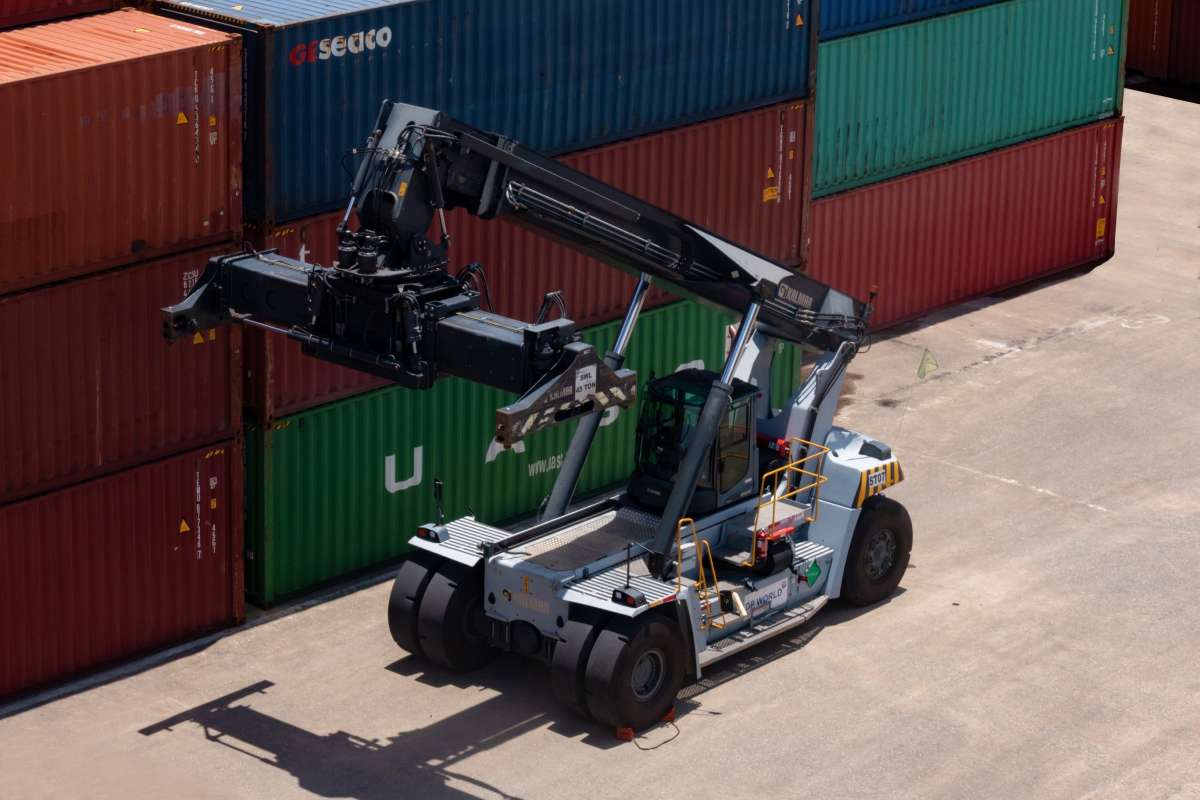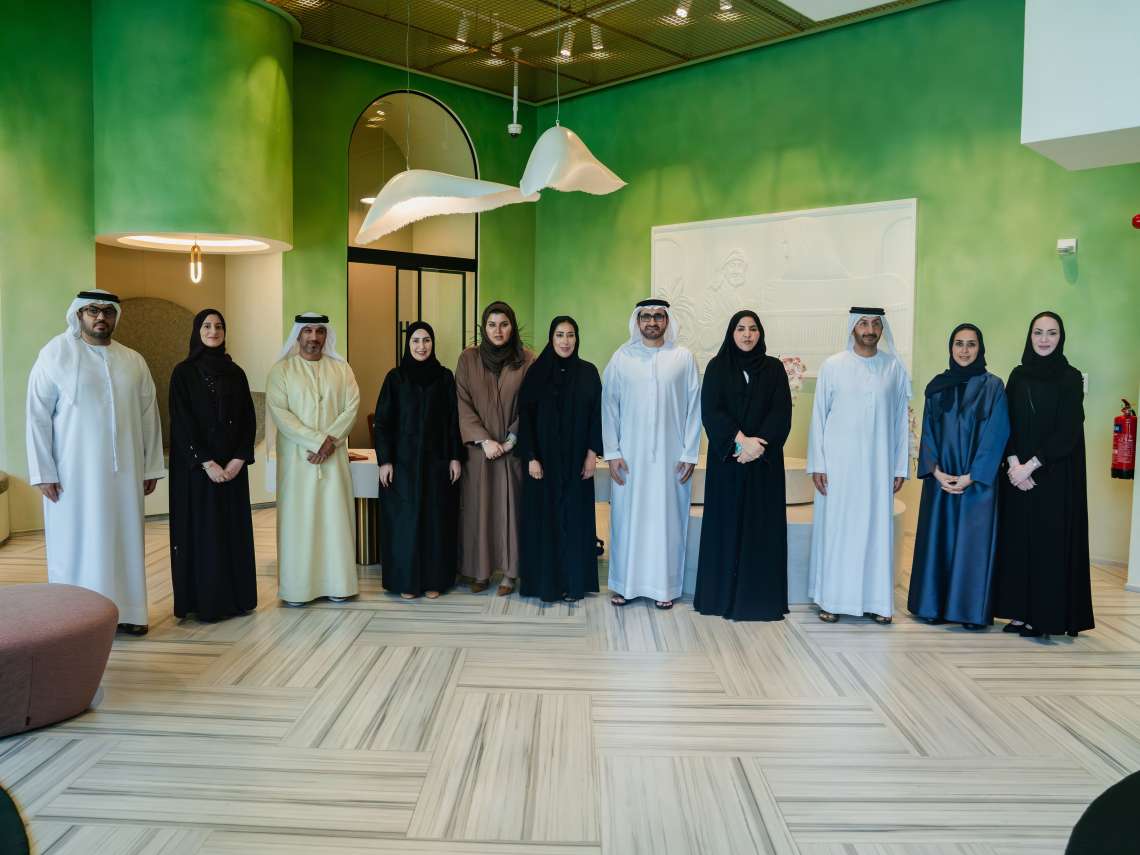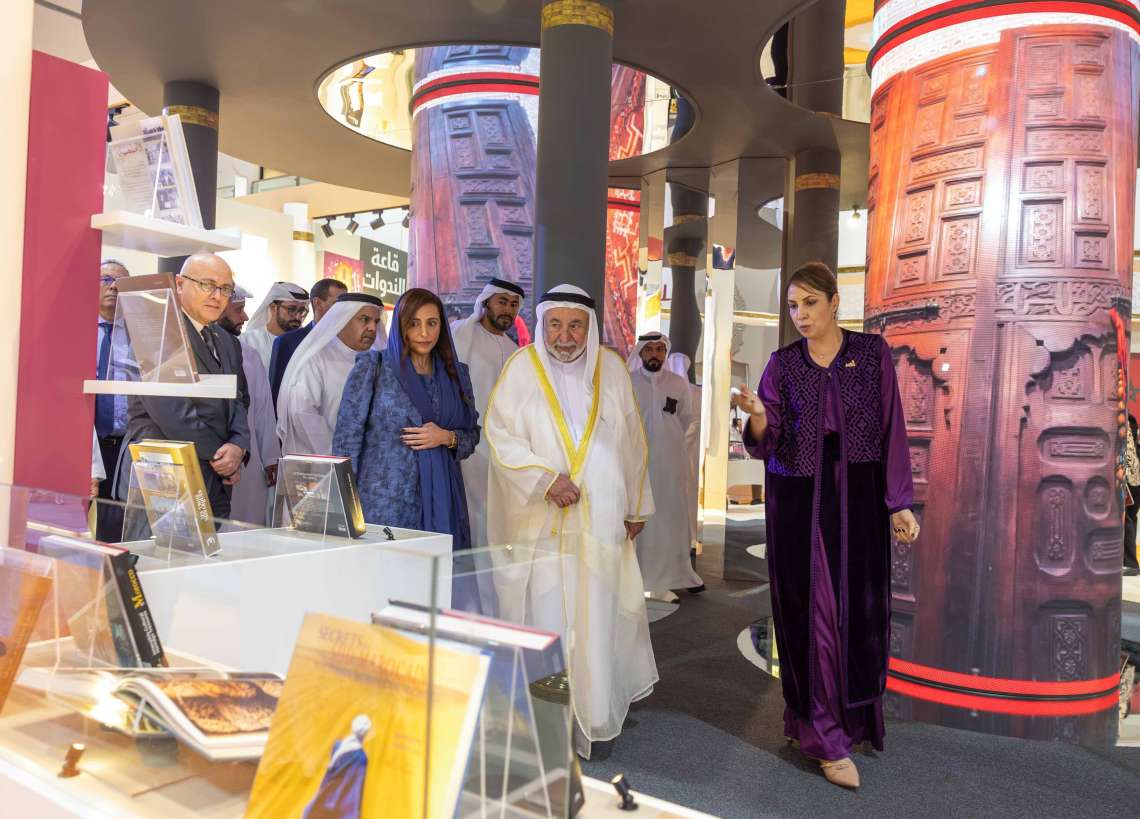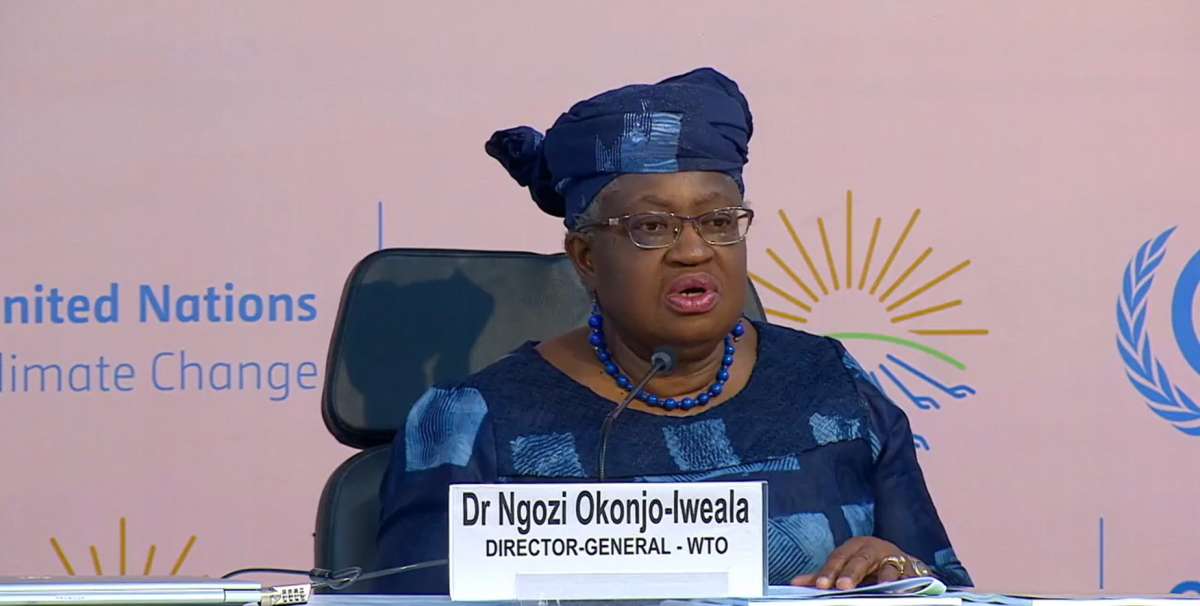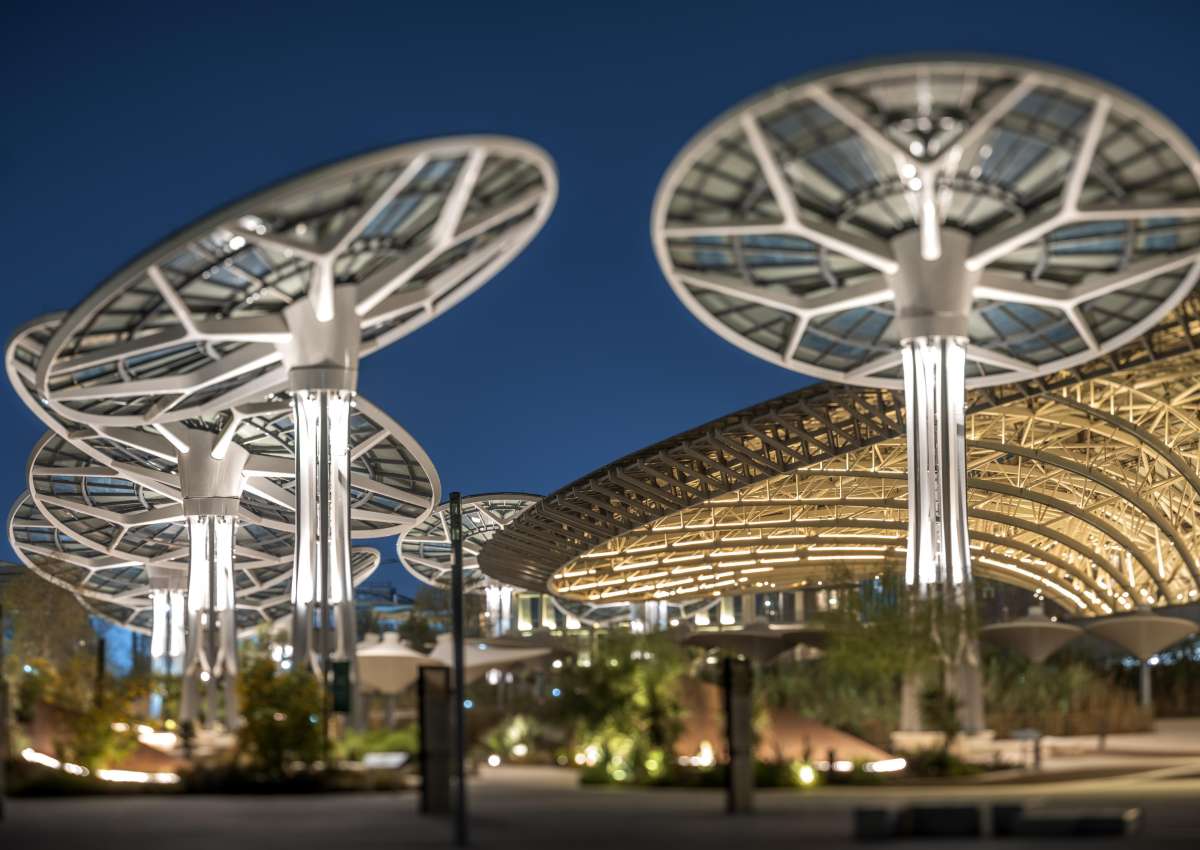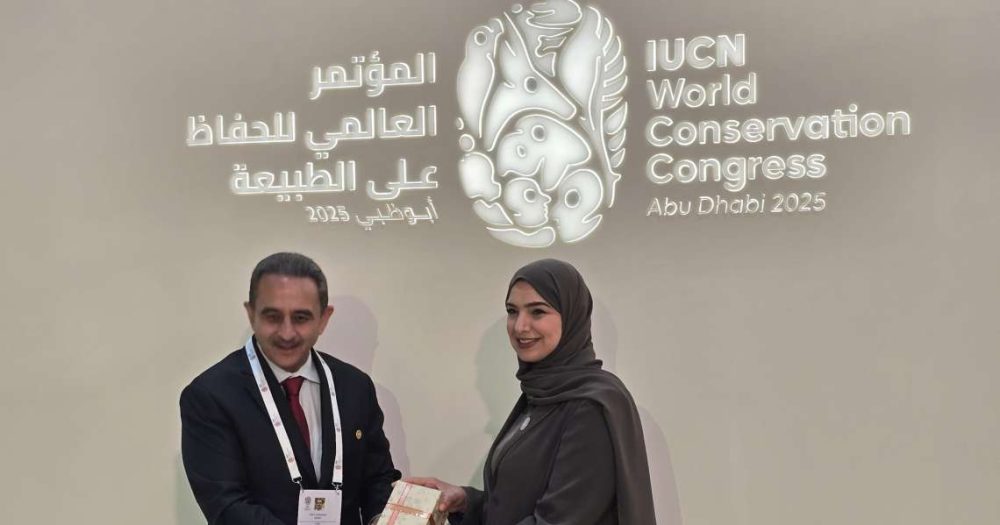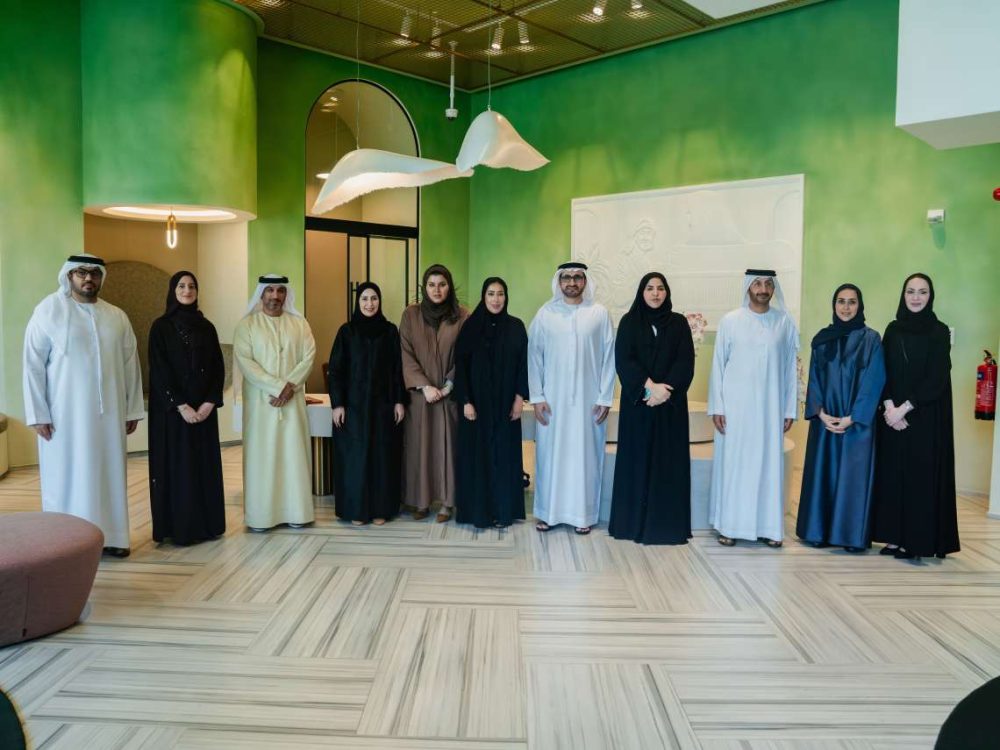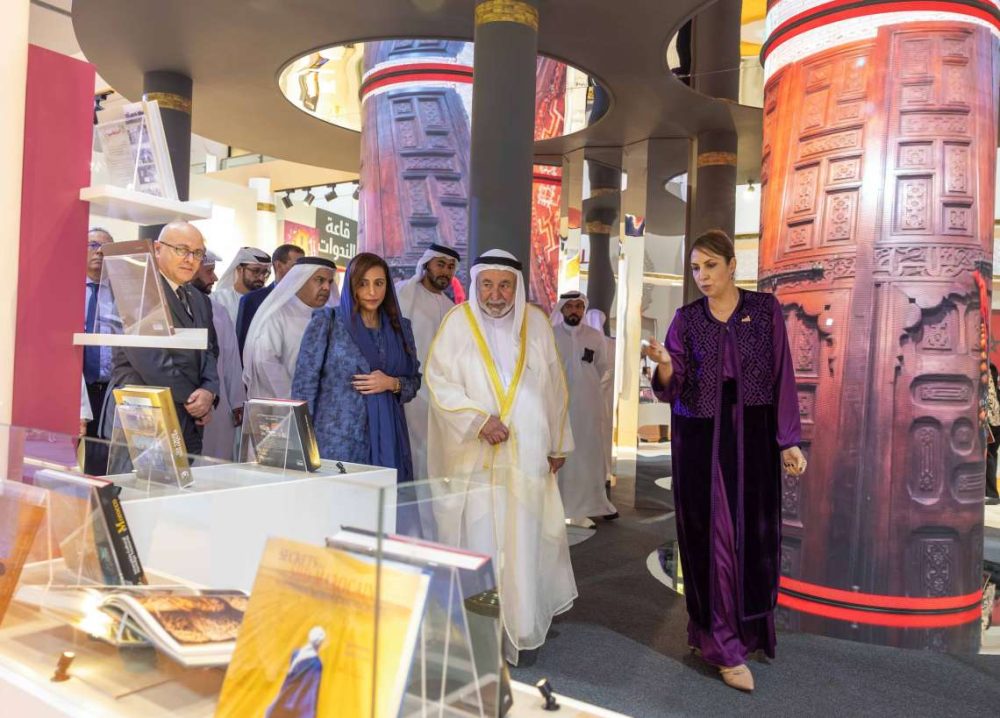DP World’s plans include replacing its global fleet of assets from diesel to electric, investing in renewable power and exploring alternative fuels…reports Asian Lite News
Sultan Ahmed Bin Sulayem, DP World Chairman and Group CEO, announced the company intends to invest up to US$500 million to cut CO2 emissions from its operations by nearly 700,000 tonnes over the next five years.
The announcement was made as Bin Sulayem addressed delegates by video at the United Nations Climate Conference (COP 27) in Sharm El Sheikh, Egypt. He also reinforced DP World’s commitment to sustainability by taking on the Green Shipping Challenge (GSC).
Launched earlier this year by US Special Presidential Envoy for Climate Change John Kerry and Norwegian Prime Minister Jonas Gahr Støre, the challenge encourages countries, ports, companies, and other actors in the shipping value chain to come forward with concrete announcements to further ocean-based climate actions.
“Global trade has been an enormous force for good, keeping our world connected and lifting millions out of poverty over the last few decades. But this growth is not without consequences – from the scale of energy required to make, move and use goods to the resource intensity of logistics and the challenges economic growth can bring. As a leading enabler of global trade, we have the tools, ingenuity and drive to lead a step change in logistics,” Bin Sulayem said.
The planned reduction in carbon emissions by nearly 700,000 tonnes represents a 20 percent cut from 2021 levels.
DP World’s plans include replacing its global fleet of assets from diesel to electric, investing in renewable power and exploring alternative fuels.
“Our World, Our Future’ is our sustainability strategy, one that is designed to deliver responsible operations. We have already committed to becoming a carbon neutral enterprise by 2040 and net zero carbon enterprise by 2050. We will work with our global partners to develop an action plan to advance the goals of the GSC and encourage industry players to devise plans to address climate change,” Bin Sulayem added.
“We’re doing this through three main pillars of activity; the electrification of our ports and terminals equipment, investment into renewable energy and through research and development projects that will look into alternative fuels, vessels and vehicles across our portfolio.
“Our ports and terminals business is making steady progress, by following the strategy of maximising efficiency, equipment electrification, supply of renewable electricity, low carbon fuels and carbon compensation,” he explained.
In January, DP World entered a strategic partnership with the Mærsk Mc-Kinney Møller Centre for Zero Carbon Shipping, an independent, not-for-profit organisation, undertaking intensive research and development to find practical ways to decarbonise the global maritime trade industry.
“Decarbonising the maritime industry requires the complete rewiring of the entire system, imagining new supply chains and structures. It is a huge undertaking, but one that we are ready to venture into. We bring extensive expertise in integrated logistics and infrastructure, and deep understanding of the complexity faced by the industry, having grown from a local port operator in Jebel Ali to an end-to-end supply chain solutions provider, moving around 10 percent of global cargo”, Bin Sulayem added.
The global decarbonisation strategy aims to first reduce absolute emissions as much as possible, then focus on replacing fossil fuel with renewable energy resources, and finally purchase offsets for the hard to abate remaining emissions for the 2040 carbon-neutral target.
Complementing technology driven solutions such as replacing vehicles and fuels, DP World is also working with local communities where it operates to establish carbon offset schemes, and carbon sinks such as mangrove forests.


